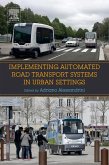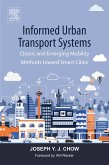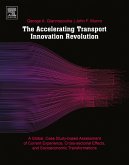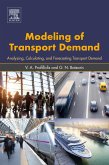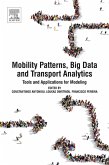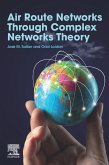Economic Role of Transport Infrastructure: Theory and Models helps evaluate the economic effects of transport infrastructure investments within a cost-benefit framework for maximum economic impact. The book analyzes the primary empirical approaches used to gauge the economic effects of transport infrastructures, providing in-depth discussions on data issues, input-output techniques, and econometric methodologies. Users will find empirical evidence organized from a transport mode point-of-view, inspiring researchers to conduct comparative analysis for various infrastructure projects. Topics cover infrastructure's impact on economic growth using theoretical frameworks, including exogenous growth models, endogenous growth models, and new economic geography models.
In addition, readers will also learn tips for conducting infrastructure impact studies and how to improve the effectiveness of infrastructural investments design.
In addition, readers will also learn tips for conducting infrastructure impact studies and how to improve the effectiveness of infrastructural investments design.
- Explains and evaluates the economic effects of transport infrastructure investments, including direct and indirect, short and long run impact, and local and spillover outcomes
- Provides up-to-date coverage of quantitative techniques and empirical results for transportation and economic impact issues
- Explains the steps for conducting impact studies for proposed infrastructure projects
- Analyzes infrastructure's role on economic growth through theoretical, methodological and empirical perspectives
- Features case studies describing real-world methods
Dieser Download kann aus rechtlichen Gründen nur mit Rechnungsadresse in A, B, BG, CY, CZ, D, DK, EW, E, FIN, F, GR, HR, H, IRL, I, LT, L, LR, M, NL, PL, P, R, S, SLO, SK ausgeliefert werden.



